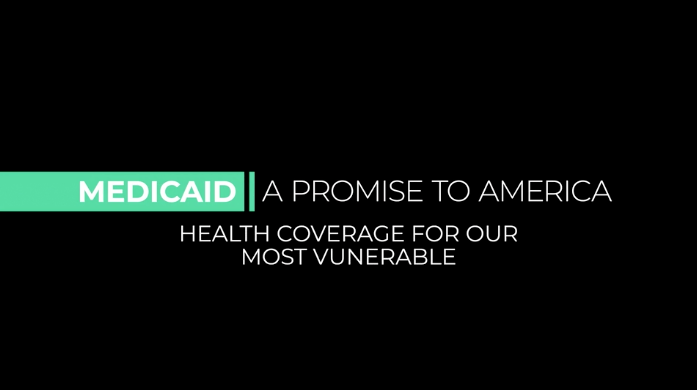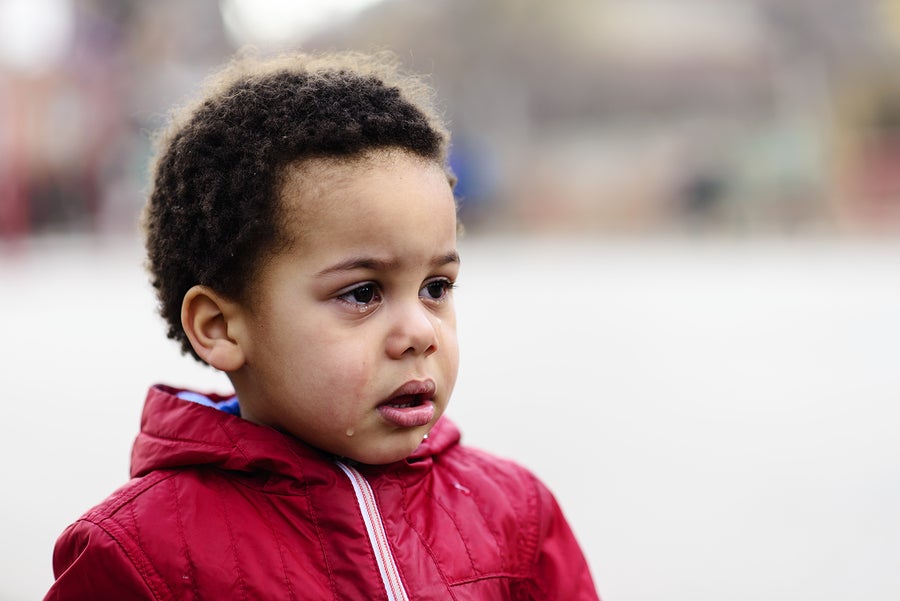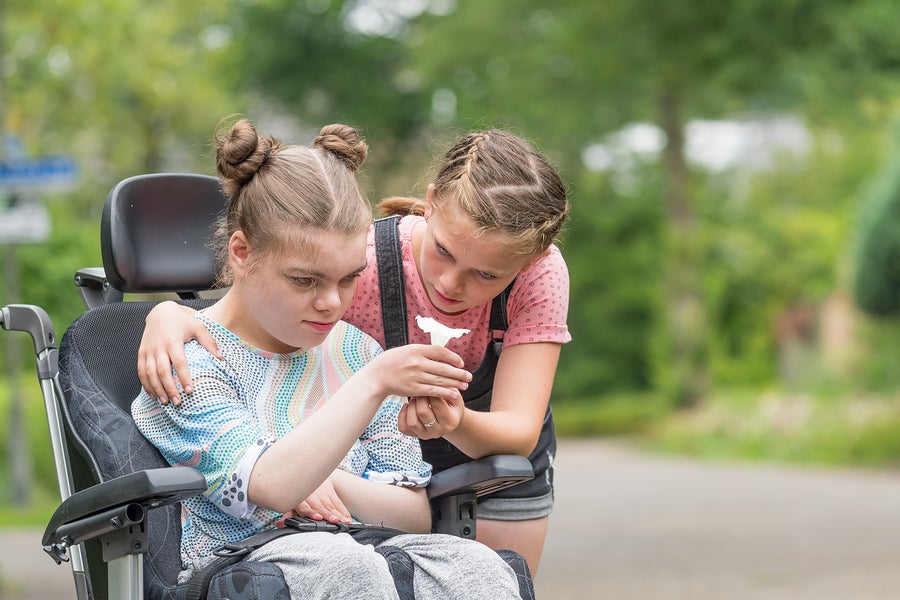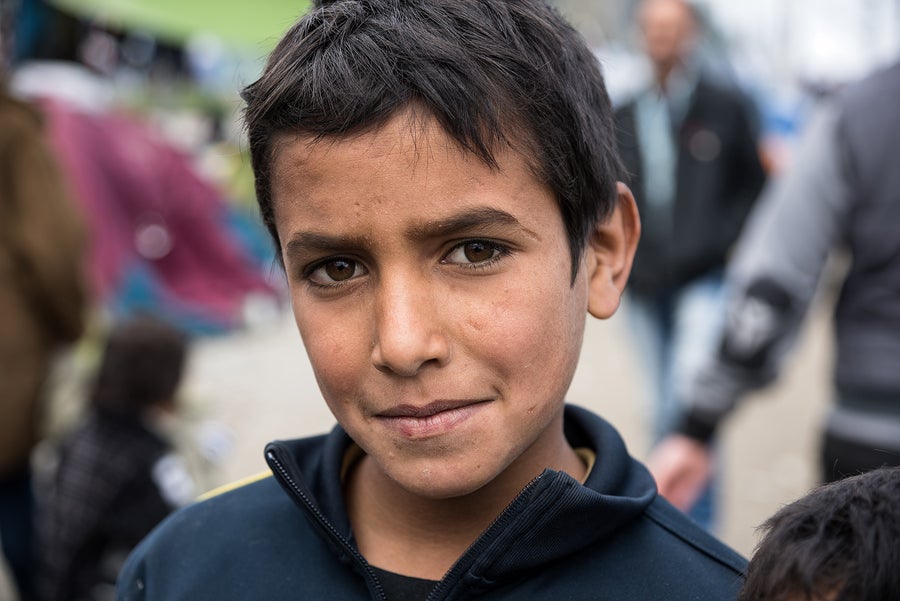Vulnerable Populations
-
Medicaid Expansion Tied to Drops in Maternal, Infant Mortality Rates
Tulsa Public Radio By: Matt Trotter Oklahoma’s maternal and infant mortality rates are 34th and 43rd in the U.S. Researchers report Medicaid expansion could make a difference. Reviews found Medicaid expansion states saw infant mortality rates fall 50 percent more than states that did not expand Medicaid and saw maternal mortality rate declines of 1.6…
-
Medicaid and CHIP Enrollment Decline Suggests the Child Uninsured Rate May Rise Again
Executive Summary There is no debate over the fact that children are losing Medicaid and Children’s Health Insurance Program (CHIP) coverage. Overall, more than 828,000, or 2.2 percent, fewer children were enrolled in Medicaid and CHIP, combined, at the end of 2018 than the previous year. A drop in child enrollment is unusual; between 2000…
-
Pregnancy-Related Deaths Are Rising In Utah. Experts say extending Medicaid Could Help Those At Risk
KUER 90.1- Utah’s NPR By: Erik Nuemann … But one of the best ways Utah and other states can slow this increase is by expanding coverage of Medicaid health insurance for pregnant women, according to new research released Wednesday. That’s a politically controversial issue in Utah, though, where coverage gaps remain following the limited expansion state…
-
One In Four Texas Women Of Childbearing Age Doesn’t Have Health Insurance.
KUT 90.5 – Austin’s NPR Station By: Ashley Lopez Texas has the highest percentage of uninsured women between the ages of 18 to 44, according to a new study from the Georgetown University Center for Children and Families. The study found that, nationwide, 12.3 percent of women of childbearing age don’t have health insurance. The rate…
-
Texas Has the Highest Uninsured Rate in the Country. Lawmakers Haven’t Addressed it This Session.
Texas Observer By: Sophie Novack Texas has the highest overall uninsured rate in the country, the highest rate of uninsured kids and the highest rate of uninsured women of childbearing age. Yet the Legislature is on track to wrap up for the next two years without passing bills to expand coverage… Meanwhile, a study released Wednesday found that Texas has…
-
Child Health Providers and Advocates Ask HHS Secretary to Reject Work Requirements for Low-Income Parents
Today Georgetown University’s Center for Children and Families joined over 50 other national health care provider, research and consumer groups focused on children and families to send a letter to HHS Secretary Alex Azar raising concerns about the harm of work requirements for children and families, particularly in states that have not expanded Medicaid. The…
-
How Proposed Changes to Public Charge Would Impact Children in Immigrant Communities
Editor’s Note, 10/15/19: Several federal courts have issued nationwide injunctions blocking implementation of the proposed changes to the public charge rule. We will update any further developments. Introduction The Department of Homeland Security (DHS) issued a proposed regulation that would radically change U.S. immigration policy. The changes would ripple through nearly every aspect of the…
-
Public Comments are Virtually Unanimous Against Mississippi’s Harmful Medicaid Proposal
Last month, federal CMS reopened the public comment period on Mississippi’s proposed Section 1115 Medicaid work requirements waiver at the same time as Kentucky’s comment period was reopened. Mississippi’s proposal has not garnered as much attention as Kentucky’s, which as regular readers of SayAhhh! know, is currently on hold due to a federal court decision.…
-
Video: These Parents of Medically Complex Kids Explain Why Medicaid Matters to Their Families
If you want to know about kids, listen to parents. Sometimes in the health policy and political worlds, it’s easy to forget this simple piece of advice – and sometimes politicians and policymakers are too focused on the latest bill or political win to remember it. Over the last year, we’ve spent a lot of…
-
Capable, Not Willing: Reuniting Families Could Take Longer If Administration Doesn’t Make it a Priority
As readers of SayAhhh! already know, the President’s Executive Order (EO) on family separation at the U.S. border raised more questions than it answered and had many disturbing implications. The EO did not end family separation as it purported. Instead, the EO outlined a policy to detain families indefinitely while seeking the authority to end…
-
Americans Love Families. American Policies Don’t.
New York Times By: Emily Badger and Claire Cain Miller Politicians are united in their love for families. The very word — “families” — was among those said most often by Donald J. Trump and Hillary Clinton in campaign speeches. Democrats and Republicans have platforms for middle-class families, working families, military families. And candidates in need…
-
What Does Trump’s Executive Order Mean for Children at the Border?
When news broke this week that President Trump was going to stop separating families at the border, we felt cautious optimism. As we waited for the details, I wondered what the Administration’s new policy would say about addressing family immigration and how it would ensure families already separated would be reunited. I hoped the President’s…
-
Detention or Separation: Administration Sets False Choice for Families
The legal parameters around immigration and detention have been hotly debated in the past few weeks. I turned to the experts in immigration law for the answer, and here’s what I learned. The Administration has falsely asserted that the law requires them to separate children from their families, but there is no such requirement. As…
-
How the toxic stress of family separation can harm a child
PBS By: Laura Santhanam Federal officials at the U.S.-Mexico border separated nearly 2,000 children from their families between April 19 and May 31. While it’s not clear how the political fight about the practice will play out, researchers do know how a traumatic event like being separated from a parent affects a child. … As soon…
-
“Pain & Profit:” How Not to Do Medicaid Managed Care
We know that CMS Administrator Seema Verma doesn’t think Medicaid should cover “able-bodied” adults. But she does believe that coverage of the “society’s most vulnerable citizens” is the right thing for Medicaid to do. In her major policy address to state Medicaid directors last November, she opened with the stories of Richard, a para-pelagic, and…
-
Congress Proposes Fix to Provide Medicaid for Former Foster Youth Up to Age 26
At long last, a fix in the Affordable Care Act’s Medicaid coverage for former foster youth up to age 26 is back on the table in Congress. I last wrote about this issue almost three years ago, so it has taken far too long for Congress to correct a technical error in the drafting of…
-
Family Separation at Border Exposes Children to Potentially Irreparable Harm
Recently, the Administration announced a change in immigration policy that has resulted in at least 700 children being separated from their parents at the US-Mexico border since October 1. Historically, crossing the border illegally was considered a civil offense and parents were able to stay with their children while legal proceedings were carried out (for…
-
Trump Administration Will Drive Up Child Uninsured Rates if Public Charge Guidance is Issued
[Editor’s Note: On September 22, 2018, the Department of Homeland Security posted a draft regulation that would change the public charge test. The posted draft is different from “leaked” versions analyzed here in several key respects, and the conclusions of this blog post should not be used in reference to the September 22 posting. The posted draft…
-
New Report Documents Impact of Immigration Debate on Children’s Health and Development
The Center for Law and Social Policy (CLASP) released a new report on the impact of ongoing immigration policy debates on young children. It’s an upsetting but important report to read, documenting the findings from interviews of more than 150 childhood educators and parents in six states (CA, GA, IL, NM, NC, and PA). This…













